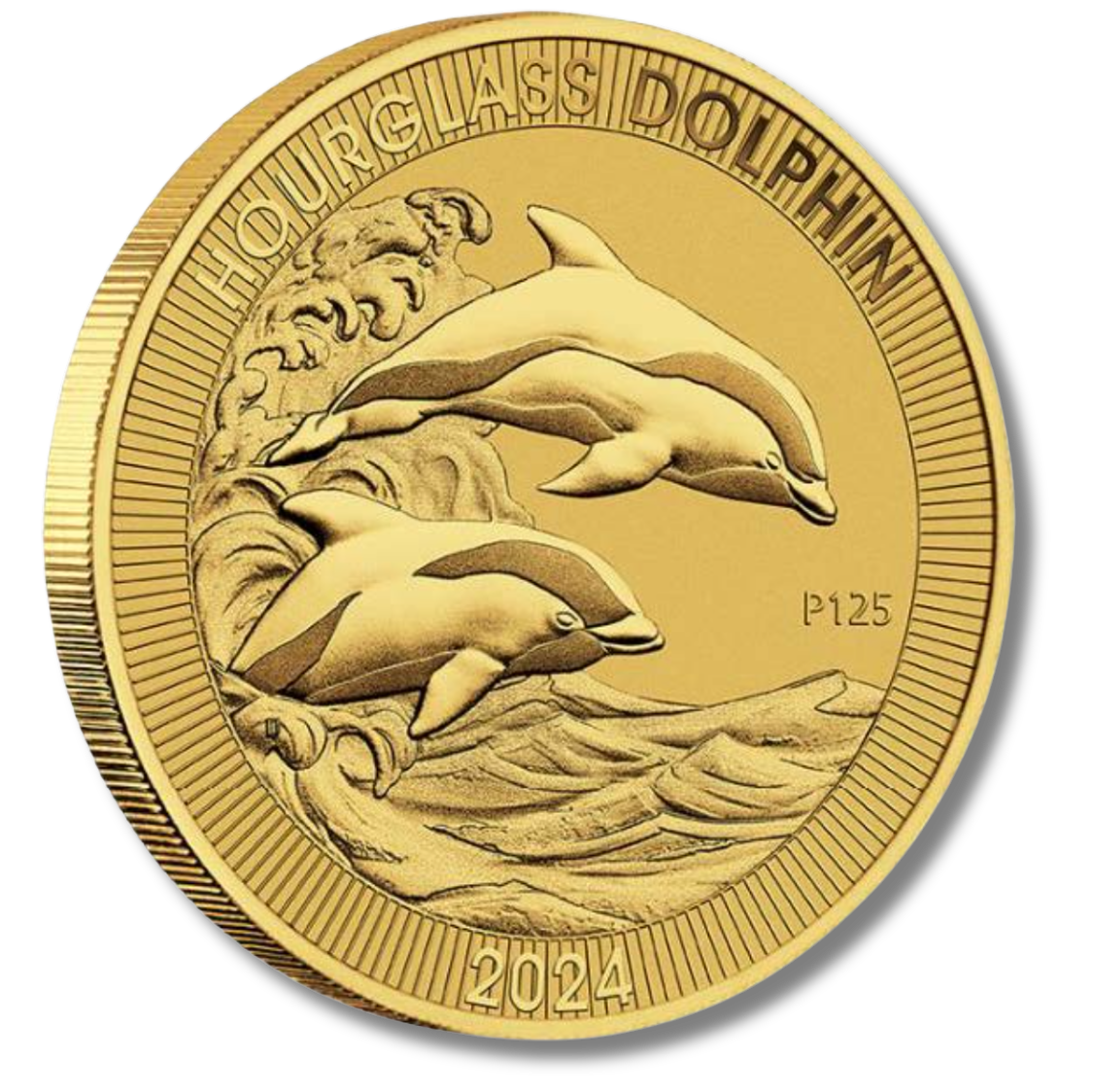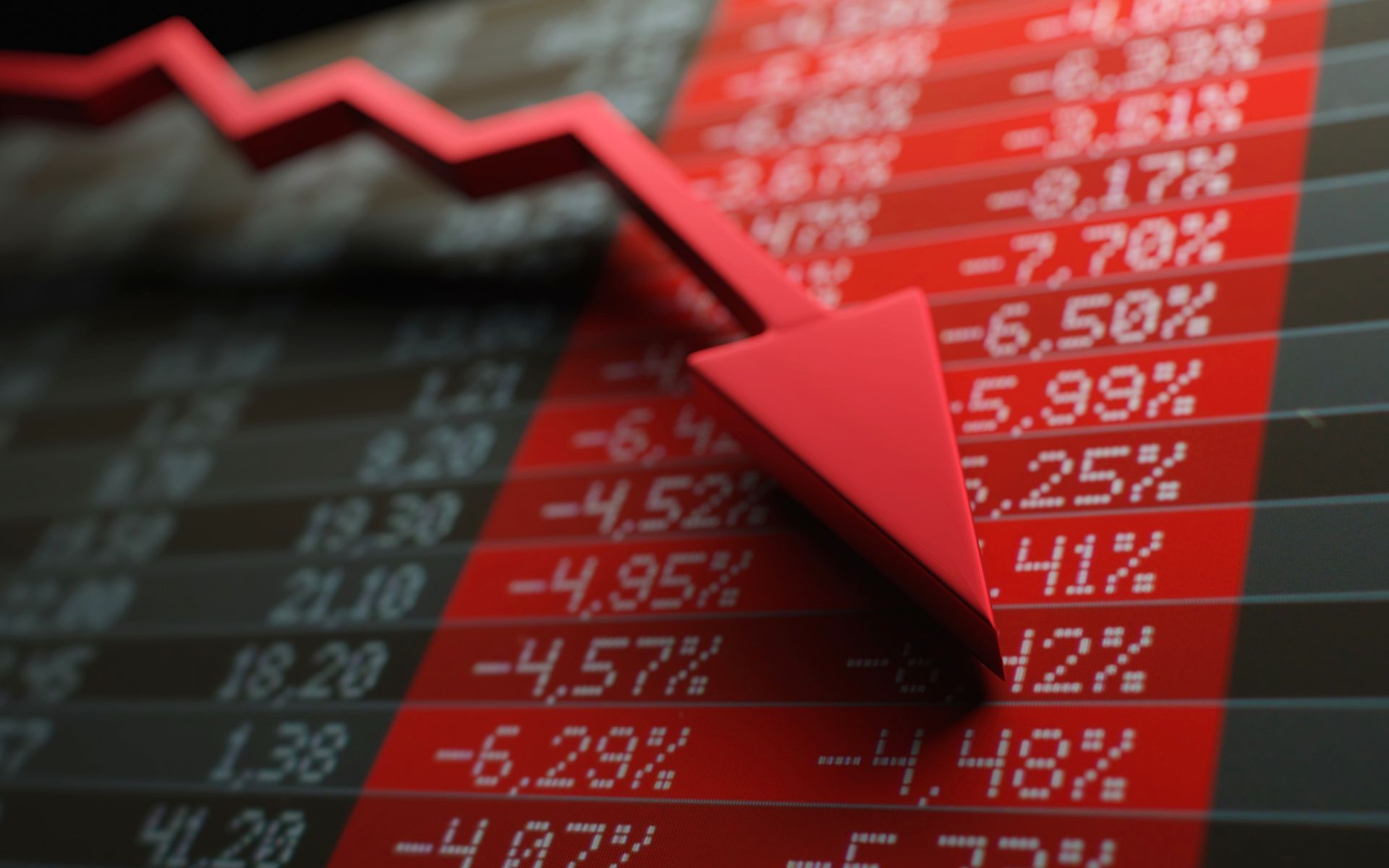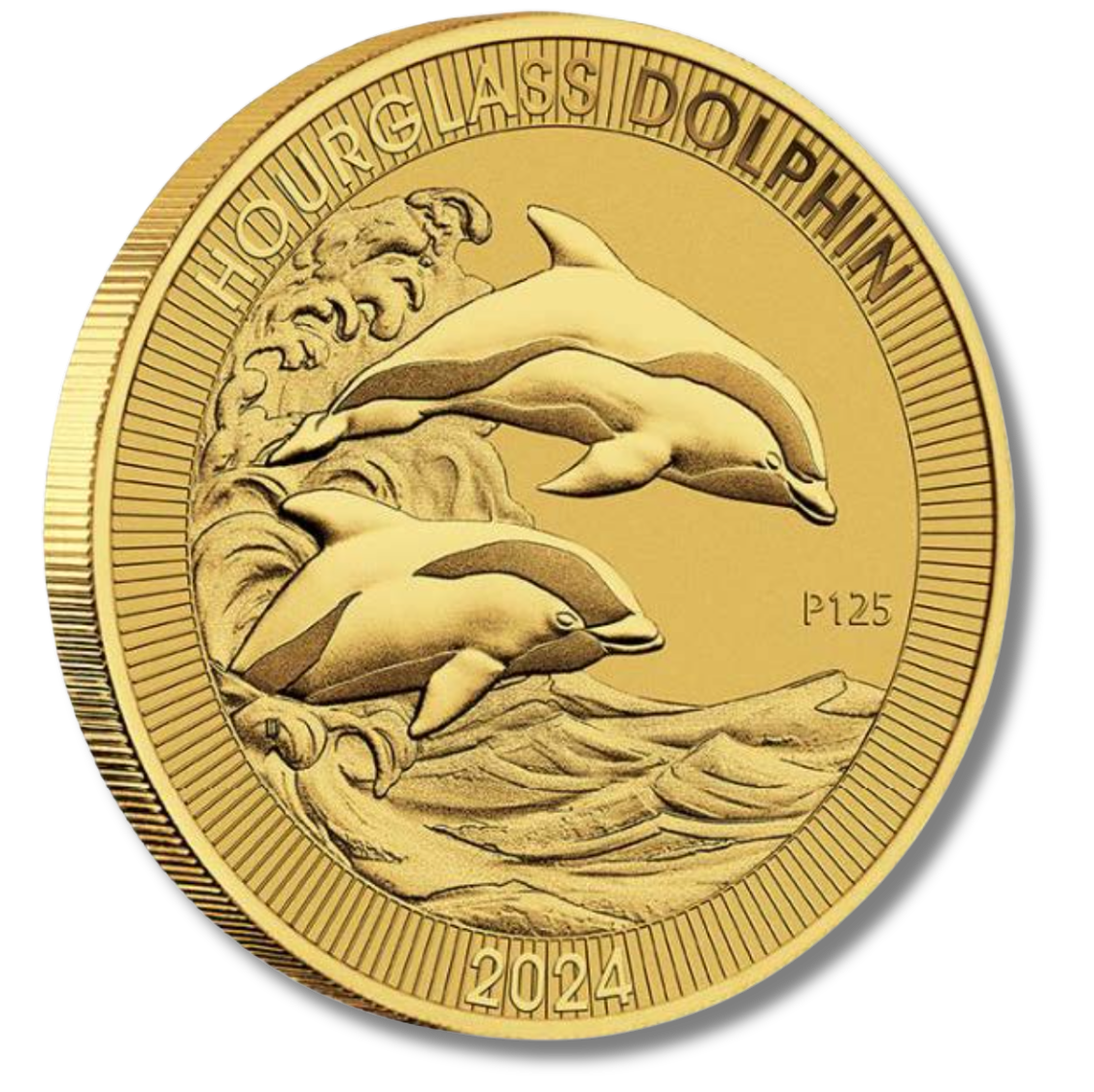Countries Unite to Combat the Trump Tariffs

Countries Unite to Combat the Trump Tariffs
China, Japan, and South Korea Unite to Counter U.S. Tariffs: Implications for Precious Metals
In a move aimed at strengthening their economic alliances, China, Japan, and South Korea have united to push back against U.S. tariffs imposed during the Trump administration. This agreement, following a five-year hiatus in their economic dialogue, marks a significant step in the countries’ efforts to enhance regional trade cooperation amid the ongoing trade tensions with the United States (Reuters, 2020).
The trio of Asian economic giants is particularly focused on the semiconductor industry, a vital sector for global supply chains. Japan and South Korea are seeking to import essential semiconductor raw materials from China, while China plans to expand its purchases of finished chips from its neighbors. This shift underscores the growing importance of high-tech industries, with far-reaching implications for global markets, including those that deal in precious metals (South China Morning Post, 2020).
The countries have also committed to discussing export controls and the potential for a free trade agreement, aimed at fostering deeper economic integration in the region. These measures are designed to mitigate the impact of U.S. tariffs and protect their industries. The move signals a collective defense of their economic interests, especially as President Trump is expected to announce additional tariffs (The Diplomat, 2020). Though the nations face historical and political tensions—such as territorial disputes between Japan and South Korea—shared economic interests have pushed them toward cooperation. Their collaboration could serve as a model for other nations seeking to navigate complex trade dynamics (BBC News, 2020).
For the precious metals industry, the shifting global trade landscape and heightened focus on securing critical resources, such as semiconductors, could have indirect impacts on metal demand. As global trade alliances evolve, keeping an eye on these developments will be crucial for understanding broader economic trends and potential market shifts.
As these countries unite against external pressures, they are not only reshaping regional trade but also setting the stage for a new era of global economic cooperation. This unified approach may have long-lasting effects on international trade policies, which could ultimately influence commodity markets, including precious metals. Sources:
The trio of Asian economic giants is particularly focused on the semiconductor industry, a vital sector for global supply chains. Japan and South Korea are seeking to import essential semiconductor raw materials from China, while China plans to expand its purchases of finished chips from its neighbors. This shift underscores the growing importance of high-tech industries, with far-reaching implications for global markets, including those that deal in precious metals (South China Morning Post, 2020).
The countries have also committed to discussing export controls and the potential for a free trade agreement, aimed at fostering deeper economic integration in the region. These measures are designed to mitigate the impact of U.S. tariffs and protect their industries. The move signals a collective defense of their economic interests, especially as President Trump is expected to announce additional tariffs (The Diplomat, 2020). Though the nations face historical and political tensions—such as territorial disputes between Japan and South Korea—shared economic interests have pushed them toward cooperation. Their collaboration could serve as a model for other nations seeking to navigate complex trade dynamics (BBC News, 2020).
For the precious metals industry, the shifting global trade landscape and heightened focus on securing critical resources, such as semiconductors, could have indirect impacts on metal demand. As global trade alliances evolve, keeping an eye on these developments will be crucial for understanding broader economic trends and potential market shifts.
As these countries unite against external pressures, they are not only reshaping regional trade but also setting the stage for a new era of global economic cooperation. This unified approach may have long-lasting effects on international trade policies, which could ultimately influence commodity markets, including precious metals. Sources:
- Reuters. (2020).
Trade War Impact
.
Reuters
.
- BBC News. (2020).
U.S.-China Trade Conflict
.
BBC
.
- South China Morning Post. (2020).
China and Semiconductor Trade
.
SCMP
.
- The Diplomat. (2020). Regional Cooperation in Asia . The Diplomat .
- The New York Times. (2020).
U.S. Tariffs and Trade Relations
.
NY Times
.











